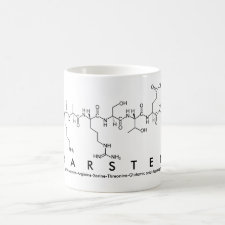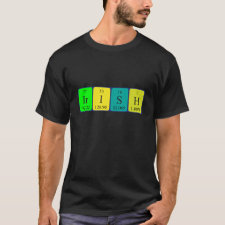
Authors: Dzgoev A, Haupt K
Article Title: Enantioselective molecularly imprinted polymer membranes.
Publication date: 1999
Journal: Chirality
Volume: 11
Issue: (5-6)
Page numbers: 465-469.
DOI: 10.1002/(SICI)1520-636X(1999)11:5/6<465::AID-CHIR18>3.0.CO;2-V
Abstract: Molecular imprinting is a technology that allows for the creation of molecular recognition sites in synthetic polymers via the use of templates. Imprinted materials have been used in various applications, including stationary phases for chromatography, recognition elements in sensors, or antibody binding mimics in immunoassay-type analyses. In the present work, molecularly imprinted enantioselective polymer membranes are described. The amino acid derivative CBZ-tyrosine was chosen as the target compound. A CBZ-L- tyrosine-imprinted polymer was first tested in HPLC mode, and efficient resolution of racemic CBZ-tyrosine was obtained. Imprinted polymer membranes were prepared by casting the polymer in the pores of a polypropylene membrane, using a specifically adapted polymer recipe. In diffusion experiments across the imprinted membranes, enantioselectivity was observed with the diffusion of the L- enantiomer of CBZ-tyrosine (the original template) being faster than that of the D-enantiomer. Chirality 11:465-469, 1999. (C) 1999 Wiley- Liss, Inc



Join the Society for Molecular Imprinting

New items RSS feed
Sign-up for e-mail updates:
Choose between receiving an occasional newsletter or more frequent e-mail alerts.
Click here to go to the sign-up page.
Is your name elemental or peptidic? Enter your name and find out by clicking either of the buttons below!
Other products you may like:
 MIPdatabase
MIPdatabase









